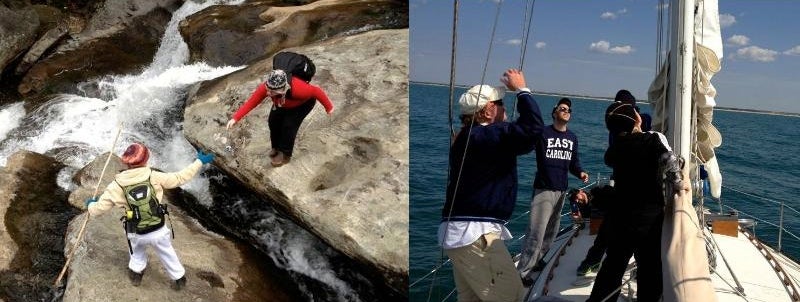Updates from the QEP: Write Where You Belong
This week, QEP Director, Wendy Sharer, updates us on what has been happening with the QEP project, “Write Where You Belong.” As Dr. Sharer reminded us back in September, the QEP “is an opportunity to develop forward-looking, long-term initiatives that will enhance the educational experiences of current and future ECU students.” At the UWP, we hope you’re as excited as we are about all the changes being put in place to support students and faculty at ECU.
As reported in a September, this academic year marked the kickoff of ECU’s Quality Enhancement Plan (QEP), a key component of our reaccreditation with the Southern Association of Colleges and Schools (SACS). Many exciting things have happened since September:
- The final version of the QEP document was submitted to SACS on February 18th. An on-site review team from SACS will visit ECU from April 2-4, 2013 to discuss the QEP with various constituents.
- Tremendous progress has been made on the construction of the new University Writing Center (UWC) space on the first floor of Joyner Library. The space—which will provide multiple tables for tutoring sessions, a “digital studio” for students working on multimedia and multimodal projects, dedicated space for the Online Writing Lab, and office space for the administration and staff of the University Writing Program and the QEP—is slated for completion in late March, with an official opening ceremony on Founders Day, May 1, 2013. Additionally, a “Welcome and Open House” will be held for ECU students, faculty, and staff early in the fall 2013 semester. Stay tuned for details! …
Updates from the QEP: Write Where You Belong Read More »


